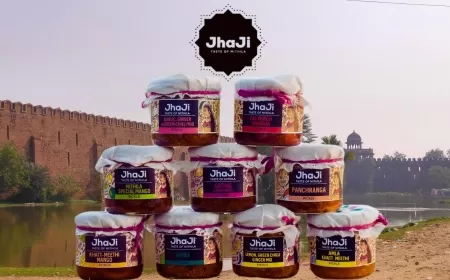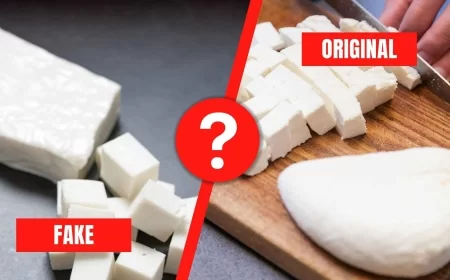Swiggy's Valuation Takes Another Dip: A Challenging Road Ahead for the Food Delivery Decacorn
Again a setback for Swiggy as its valuation is slashed again, reflecting the global trend of declining tech company valuations. Find out how Swiggy is navigating challenges in the competitive food delivery market.

Food delivery giant Swiggy has faced another blow as US-based Baron Capital has once again reduced its fair value to $6.5 billion as of March 31, 2023. This comes after Baron previously marked down Swiggy's valuation by 34% to $7.3 billion as of December 31, 2022. The latest filings with the US Securities and Exchange Commission (SEC) reveal that Baron now values its stake in Swiggy at $45.76 million as of March 31, 2023, implying a valuation of $6.54 billion for the food tech company.
Baron holds a 0.7% stake in Swiggy and had initially invested $76.8 million for 11,578 shares, valuing Swiggy at $10.96 billion. However, with the recent valuation adjustment, Swiggy's implied valuation by Baron Capital now falls below Zomato's market cap of $6.84 billion. It is worth noting that Zomato, Swiggy's main competitor, had reached a market cap peak of $15.5 billion, significantly higher than Swiggy's highest private equity valuation of $10.7 billion.
Numerous investors have recently revised down Swiggy's valuation, following a global downturn in tech company valuations. Invesco, the lead investor in Swiggy's last funding round of $700 million, reduced the company's valuation from $10.7 billion to $8 billion in April and further down to $5.5 billion.
Despite these valuation setbacks, Swiggy announced earlier this month that its food delivery vertical had achieved profitability as of March 2023. The company has been aggressively cutting costs to achieve this milestone, including laying off 380 employees and shutting down business verticals that did not meet market requirements, such as Handpicked.
Swiggy faces challenges from both Zomato and the government's Open Network for Digital Commerce (ONDC). The declining valuations of technology companies globally contribute to this trend, as many Indian startups have witnessed reductions in their valuations. For example, edtech decacorn BYJU'S saw its valuation slashed by 50% by BlackRock. E-pharmacy unicorn PharmEasy experienced two valuation cuts, with Janus Henderson reducing it by 50% and Neuberger Berman by 21%. Neuberger Berman also reduced Pine Labs' valuation by 38% to $3.1 billion. Vanguard decreased ride-hailing startup Ola's valuation by 35% to $4.8 billion earlier this month.
What's Your Reaction?
 Like
0
Like
0
 Dislike
0
Dislike
0
 Love
0
Love
0
 Funny
0
Funny
0
 Angry
0
Angry
0
 Sad
0
Sad
0
 Wow
0
Wow
0








































































































